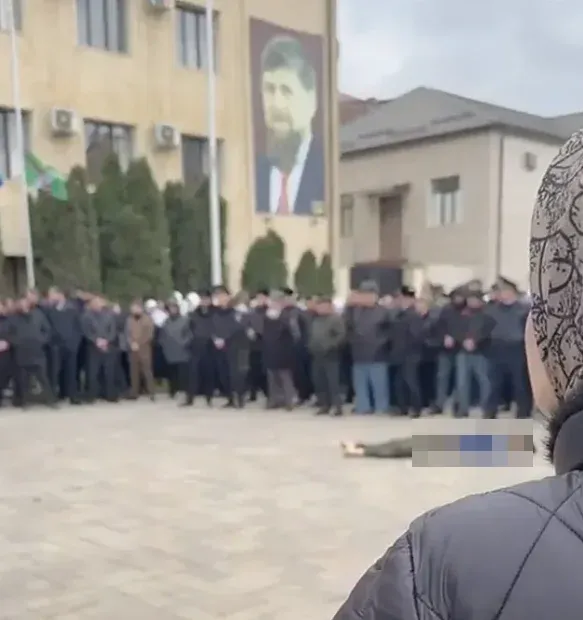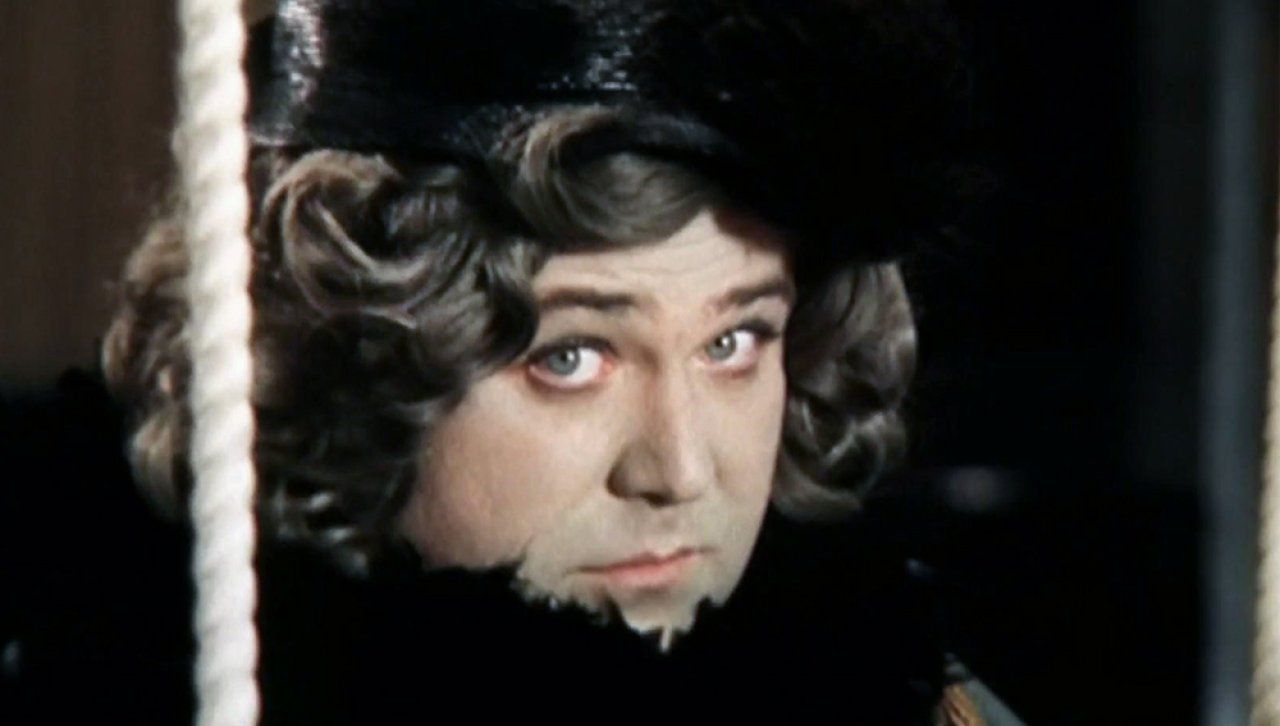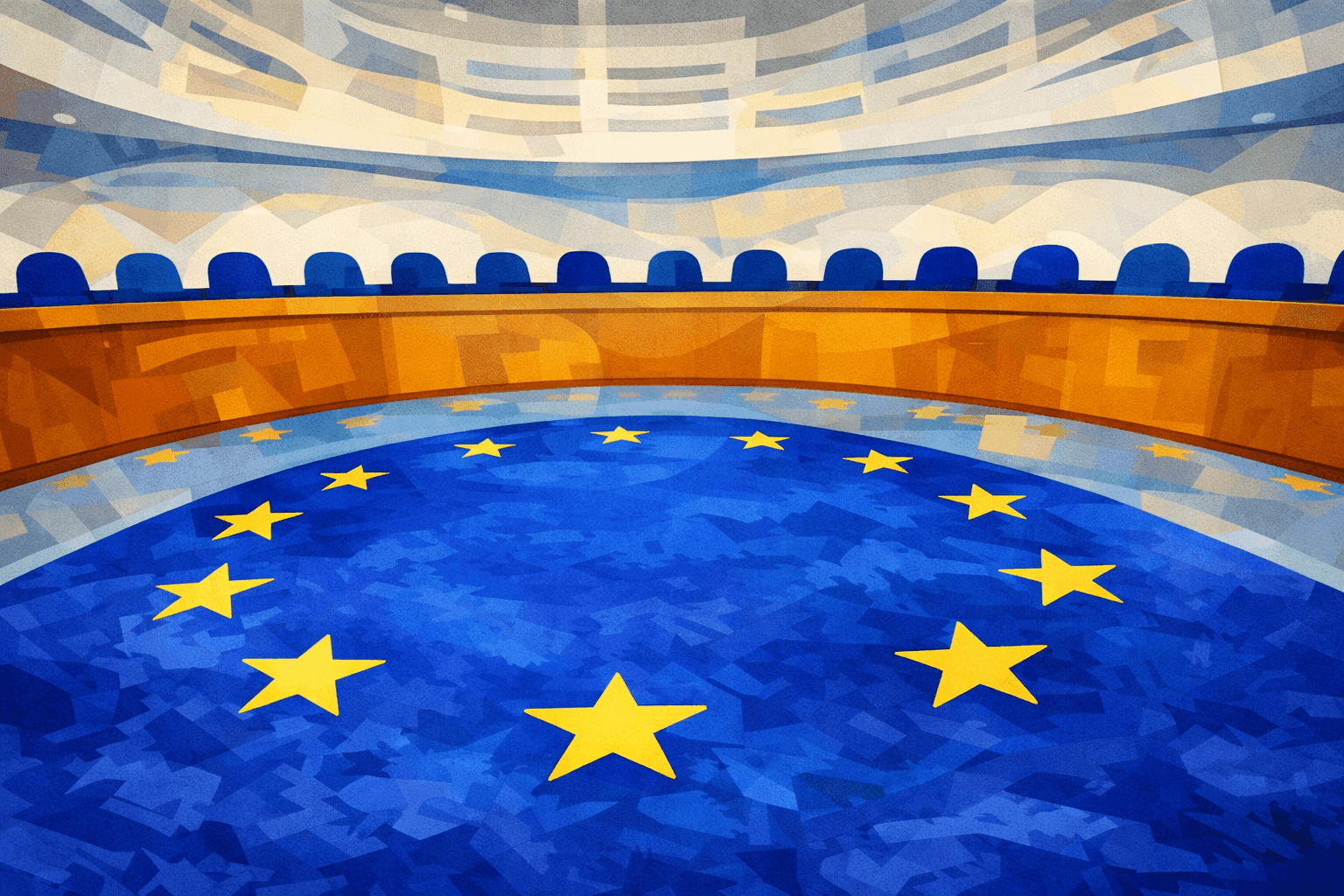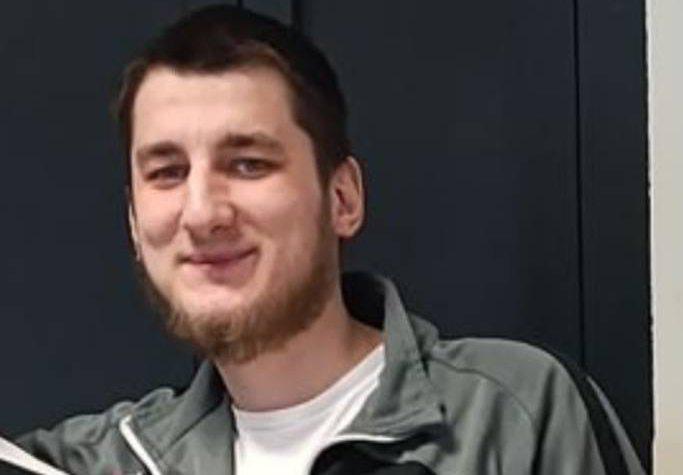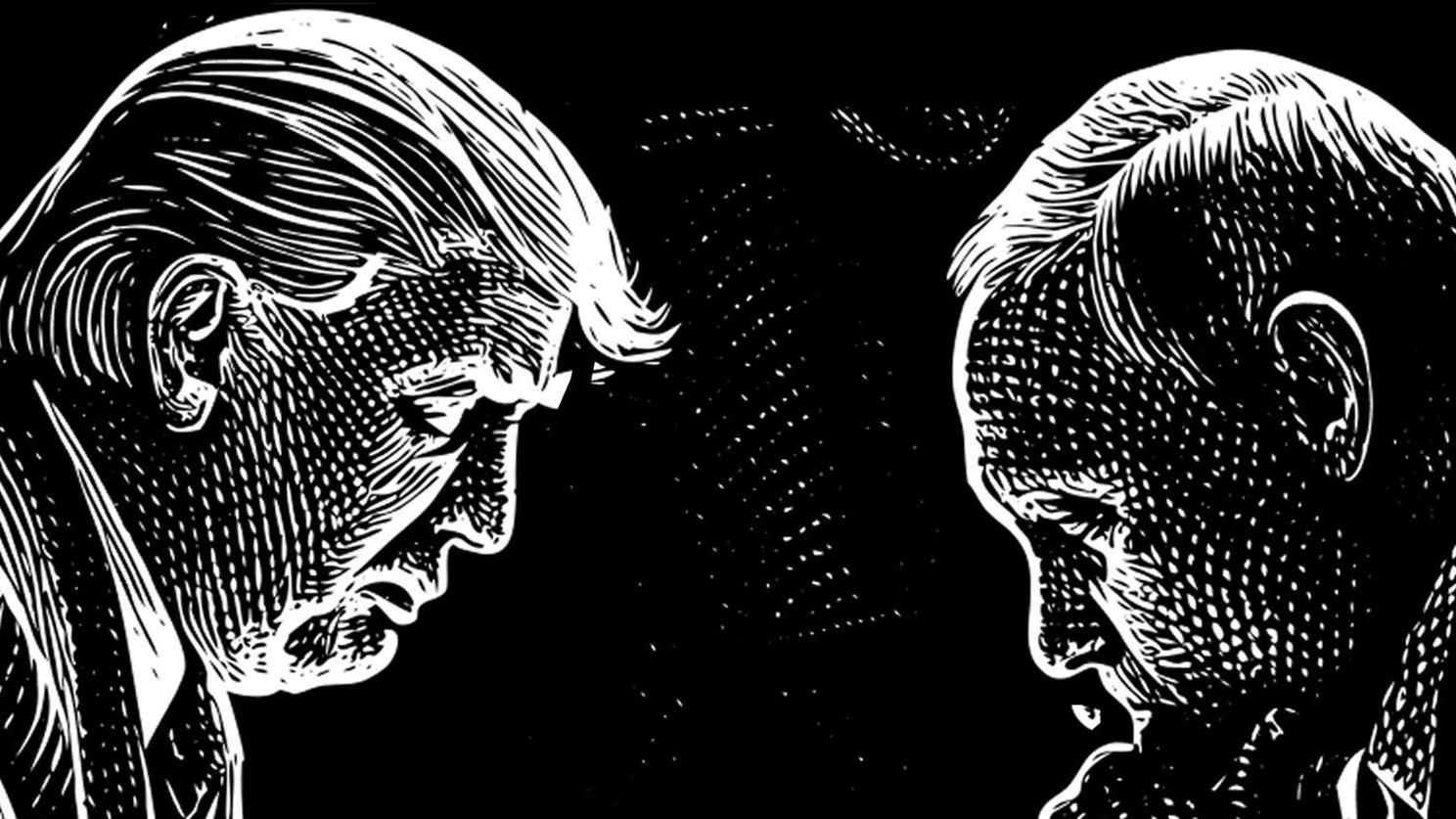9 Jan 2024
The Dagestani activist who reported the planted drugs and weapons has not yet received the text of the verdict

Eduard Ataev
Table of contents
In November 2023, Dagestani activist Eduard Ataev received a 6.5-year prison sentence for alleged weapons and drug possession. Ataev, claiming the items were planted, reported instances of torture. Despite more than a month passing since the verdict, he and his lawyers have not received the complete judgment text, hindering their ability to file substantiated appeals. Here, we share Ataev's statements from his speech during the court debates.
On Ataev’s case
On November 22, 2023, the Khazavyurt District Court sentenced the public activist from Dagestan, Eduard Ataev, to 6.5 years of imprisonment on charges of illegal possession of weapons, explosive substances (Part 1 of Article 222.1 of the Criminal Code), and narcotics (Article 228 of the Criminal Code). Since his detention at the end of March 2022, Ataev has been held in pre-trial detention facility No. 3 in Khazavyurt.
Ataev and his defenders believe that he is being persecuted due to his political activities, and they assert that the criminal case against him has been fabricated. During court hearings, they have claimed numerous violations of the law during the investigation, instances of torture, and the planting of drugs and weapons.
Ataev was an organizer and active participant in independent observation during elections at various levels in Dagestan. He fought against violations committed by members of precinct election commissions and officials, repeatedly filing lawsuits in court regarding election falsifications. The activist openly criticized local authorities, staging solitary pickets in the center of Makhachkala with placards, such as one stating: 'Khasavyurt District is under the control of a criminal group ". Additionally, Eduard Ataev represented the "Golos'' movement in Dagestan, served as the head of the local branch of the "Parnas" party, acted as the coordinator for Alexey Navalny's local headquarters, and criticized Russia's actions in Ukraine.
Defence arguments
On November 22, during the court debates, Ataev pointed out numerous procedural violations in the course of the investigation. These included inconsistencies in dates, the absence of signatures and stamps on legally significant documents.
Additionally, Ataev drew attention to the pressure from investigators and their exclusion of significant evidence of his innocence from the case. His requests were denied, and complaints went unanswered. For example, Ataev sought to obtain the surveillance camera footage, which could confirm the illegality of the police officers' actions during the search. However, Makhmudov, the investigator, did not obtain the video recording, thereby depriving the activist of crucial evidence. Eduard Ataev learned about this only when reviewing the case materials, by which time the investigation had already concluded.
The activist emphasized that the investigation into his alleged involvement in drug trafficking was merely a pretext for persecution. In reality, the Center for Combating Extremism (TsePeE) had started gathering information about him before receiving such an order from the investigator. He believes that the true reason for the criminal prosecution of Ataev was the desire to halt his public activities. Furthermore, it was discovered that the responses to inquiries from the election commission and the psychoneurological dispensary were fabricated.
Furthermore, Ataev pointed out that he was deprived of legal representation: during the search and questioning, investigators Gadzhimetov and Makhmudov did not afford him the opportunity to summon a lawyer. During the search, the activist couldn't monitor what was happening in his home, providing the police with an opportunity to plant illegal items.
Additionally, investigators Gadzhimetov and Makhmudov failed to take any steps to verify Ataev's allegations of torture.
An unknown person, not even recorded in the protocol, directed the searches and torture. The activist filed numerous requests to establish the individual's identity and to conduct face-to-face confrontations, but investigators took no action. Furthermore, the activist pointed out that the requests, complaints, and statements have disappeared, and they were not included in the case materials.
Eduard Ataev is convinced that he is being persecuted for political reasons. Among his arguments, he cited the testimony of the head of the village, Abdsalamov, in the case. Earlier, during elections, Ataev exposed instances of illegal actions by Abdsalamov, filed complaints with the election commission, and reported falsifications to the Investigative Committee.
Defense attorney Gadadov pointed out that it is unacceptable to use explosive, biological, and physico-chemical expertise, as well as the protocols of their examination, as evidence because they contain serious violations.
Thus, in almost all the protocols of familiarization with the appointment of expertise, there are annotations stating that Ataev refused to sign. However, the protocols lack signatures of the defense attorney, legal representative, or witnesses who could confirm the content of the protocol and that Ataev did not sign them. In court, Ataev explained that these protocols were not presented to him at all.
In the case materials, there are no protocols of familiarization with the expert conclusions. Therefore, the protocols of familiarization with the appointment of expertise and the conclusions have no legal force. Ataev did not review the conclusions and could not appeal them.
There are also irregularities in the documentation accompanying Investigator Gadzhimetov's letters regarding the expert examinations. These letters lack incoming and outgoing numbers, as well as dates of receipt and dispatch. However, the letters contain annotations that a certain Khayrulaev received the items in two packages and no more. It remains unclear who Khayrulaev is, when, and what he received.
Furthermore, it is unclear based on what decision Khayrulaev conducted the expertise. From the documents, it appears that he received two black packages without a description of the contents, but there is no resolution from the investigator with specific questions for the examination.
The defense attorney also pointed out that in the case materials, there is a conclusion from the physico-chemical expertise conducted solely by expert Mertemyanova. However, the investigator issued a resolution for a comprehensive examination that requires the involvement of experts from different specialties.
Despite all the arguments, Judge Sultan Azizov of the Khazavyurt District Court sentenced Eduard Ataev to 6.5 years of imprisonment.
